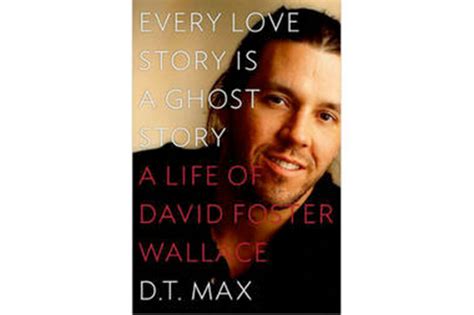A Quote by D. T. Max
As a writer I'm not an explainer, really. I'm a narrator. I mistrust explanation.
Quote Topics
Related Quotes
...if the fear of falling into error is the source of a mistrust in Science, which in the absence of any such misgivings gets on with the work itself and actually does know, it is difficult to see why, conversely, a mistrust should not be placed in this mistrust, and why we should not be concerned that this fear of erring is itself the very error.
There’s a writer for you,” he said. “Knows everything and at the same time he knows nothing.” [narrator]It was my first inkling that he was a writer. And while I like writers—because if you ask a writer anything you usually get an answer—still it belittled him in my eyes. Writers aren’t people exactly. Or, if they’re any good, they’re a whole lot of people trying so hard to be one person. It’s like actors, who try so pathetically not to look in mirrors. Who lean backward trying—only to see their faces in the reflecting chandeliers.
In general, in all my films, I choose to create a certain mistrust, rather than claiming that what I'm showing onscreen is an accurate reproduction of reality. I want people to question what they are seeing onscreen. In the same way as I used the narrator, I also used black and white, because it creates a distance toward what's being seen. I see the film as an artifact rather than a reliable reconstruction of a reality that we cannot know.


































